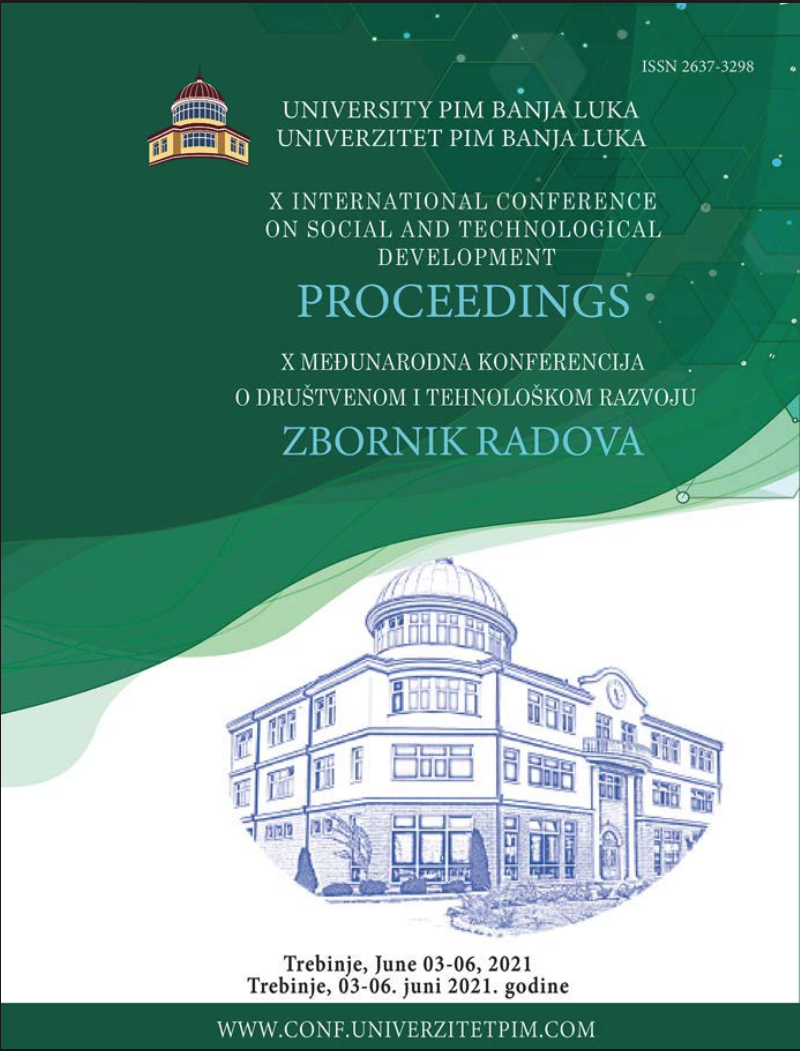
This is an open access article distributed under the Creative Commons Attribution License which permits unrestricted use, distribution, and reproduction in any medium, provided the original work is properly cited.
Faculty of Management Herceg Novi, Adriatic University , Herceg Novi , Montenegro
Faculty of Management Herceg Novi, Adriatic University , Herceg Novi , Montenegro
Language acquisition is an important subject of modern society. Language is a very efficient medium of communication and language competencies are gaining importance among students and their professors globally. Ability to communicate efficiently in a foreign language is an established goal of language learning. English is an important part of every person’s life, and it is a second official language in many parts of the world. In addition, as English has taken on the characteristics of a "world language", English language competences are becoming a crucial aspect of studies in general. Teachers of English as a second language are well aware that four skills are developed in order to acquire each language: reading, writing, speaking and listening skills. Due to increasing use of online tools and new learning styles, as well as the process of informatization, the use of digitalization is considered to be the fifth skill. Language experiences are enriched and refined through the digital world. The role of technology in the acquisition of English is recognized as vital in modern world, and its importance could be described through the easy access to information, both for students and lecturers. As an interactive, multimodal, comprehensive, and extremely popular environment, the digital world is an important field of interest in recent years especially because of its potential to improve the language acquiring, both inside and outside the classroom. Foreign language acquisition in the digital world can be achieved through these inputs, using the usual teaching methods, practice, and with an efficient infrastructure. This paper discusses the use of digitalization in the processes of teaching and acquiring English as a foreign language at colleges, through three hypotheses: Contrastive analysis, Interlanguage hypothesis and Creative construction, in order to better teach and adopt English as a foreign language, toward high quality of lessons and language acquisition.
digitization, foreign language acquisition, English as a foreign language, acquisition of English as a foreign language
The statements, opinions and data contained in the journal are solely those of the individual authors and contributors and not of the publisher and the editor(s). We stay neutral with regard to jurisdictional claims in published maps and institutional affiliations.